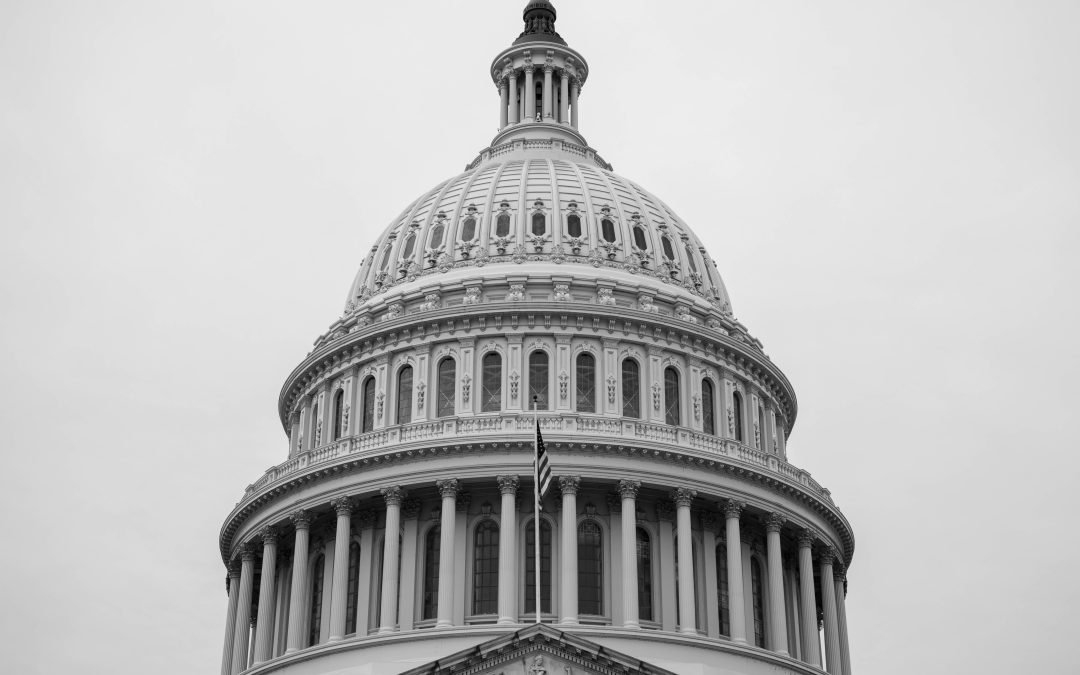According to Mental Health America, nearly 1 in 5 American adults will have a diagnosable mental health condition in a given year.
Dealing with a mental health condition is no small feat. On top of that, dealing with a mental health condition in a world that tends to stigmatize topics surrounding mental health is even harder. Mental health conditions can affect every aspect of an individual’s life: their education or career, their support network, and their ability to seek out treatment.
That being said, what rights are out there to support them?
To begin, people with mental health conditions or diagnoses are before anything else, entitled to fair treatment.
This means:
- They should be treated with respect and dignity.
- They should have their privacy protected.
- They should receive services appropriate for their age and culture.
- They should understand treatment options and alternatives.
- They should receive care that does not discriminate on the basis of age, gender, race, or type of illness.
While these may seem like simple basic rights, individuals with mental health conditions, especially those with less common diagnoses, face unwarranted discrimination and unfair treatment constantly. The effects of stigma and discrimination go far beyond a lowered self-esteem. They can contribute to worsening symptoms, and a reduced likelihood of both seeking treatment and staying with treatment.
If you or a loved one has faced stigma or discrimination due to a mental health condition, below are some important rights to know about.
Mental Health Rights
-
Americans with Disabilities Act
- Even if an individual does not have a diagnosed mental illness, being regarded as having a mental health disability is sufficient for you to be protected under the Americans with Disabilities Act (ADA).
- Protects those with mental health disabilities from discrimination from government services, public accommodations (transportation), employers, and schools.
- Right to not have to answer questions about your mental health
- Freedom from discriminatory comments or harassment because of mental health disability
- Right to “reasonable accommodations” that allows one to attend their school or job
-
Fair Housing Amendments Act
- Outlaws housing discrimination on the basis of certain conditions, including disability. Landlords and owners of rental housing must make reasonable attempts to meet the needs of people with disabilities.
-
Civil Rights of Institutionalized Persons Act
- United States federal law intended to protect the rights of people in state or local correctional facilities, nursing homes, mental health facilities and institutions for people with intellectual and developmental disabilities.
-
Individuals with Disabilities Education Act
- A piece of American legislation that ensures students with a disability are provided with Free Appropriate Public Education that is tailored to their individual needs.
With 18% of U.S. adults having a mental illness, it is extremely important to recognize that there are rights out there created to protect individuals from discrimination and unfair treatment.
Although it is impossible to entirely remove stigma from the mental health community, things are slowly changing for the better. Being aware of the rights available to protect you or a loved one is a pivotal part of addressing and removing this type of discrimination.


